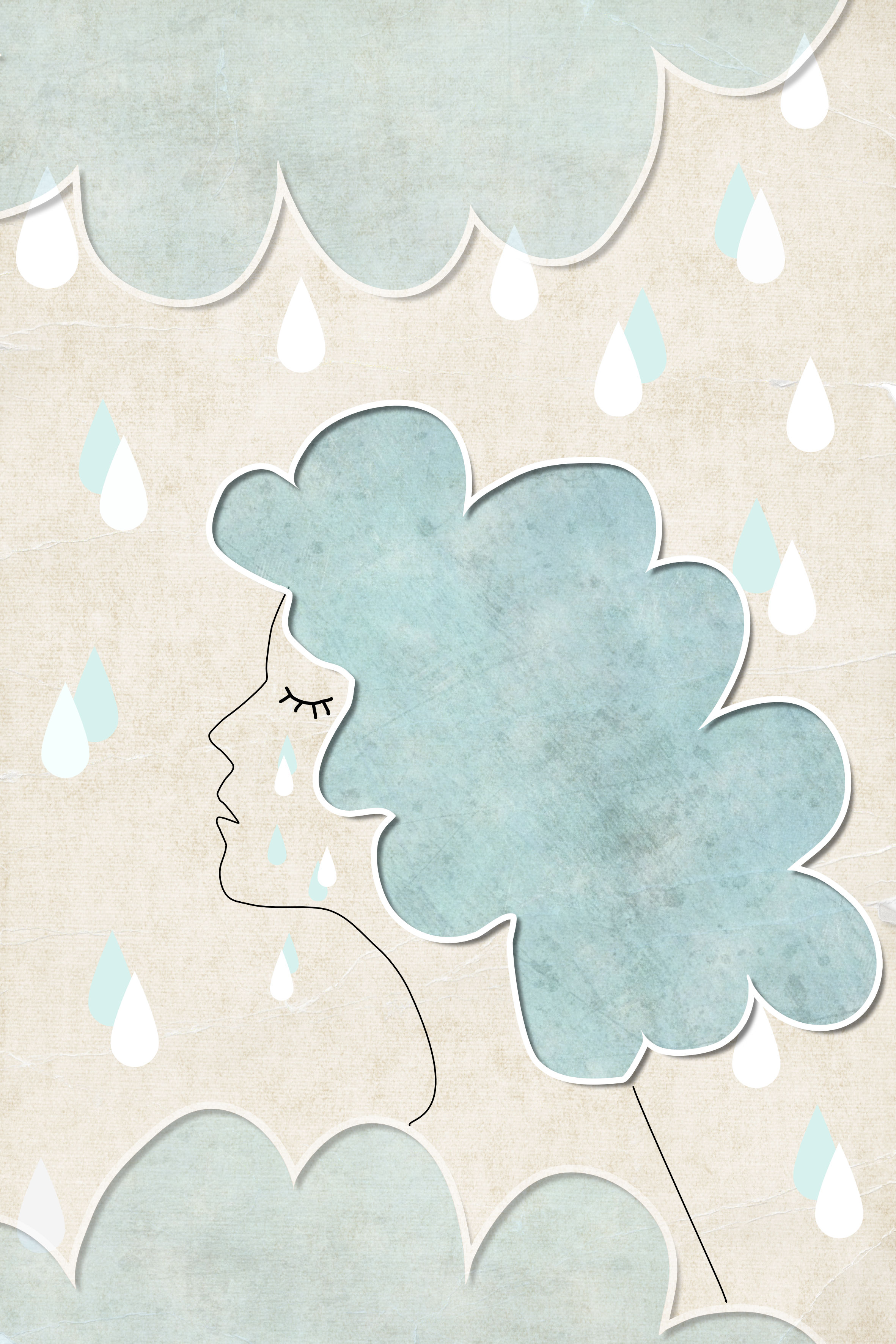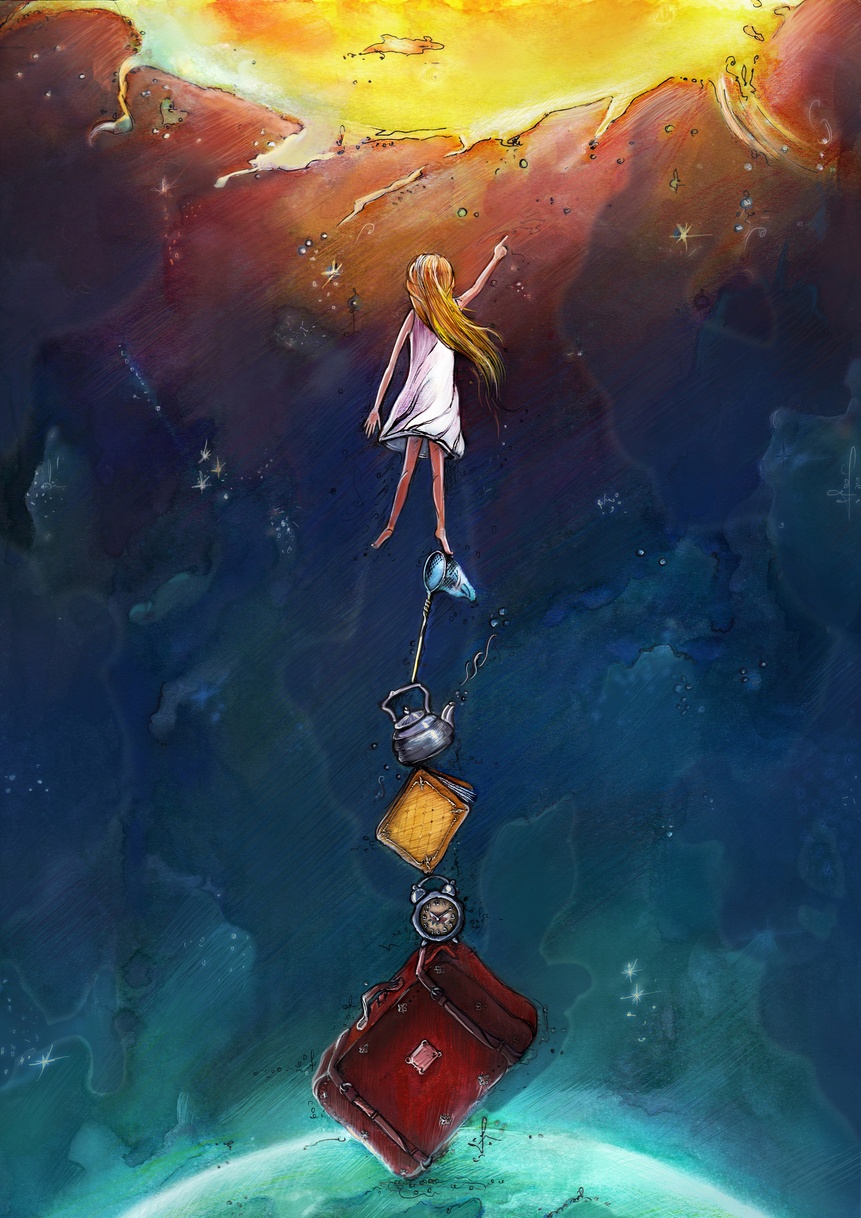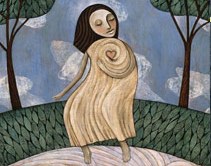A guest post by Bonnie Bright, Ph.D.
You may have donated that Times of Your Life Paul Anka 8-track to charity when it didn’t sell at the last neighborhood rummage sale, but the words to “Good Morning Yesterday” live on. Sometimes it is hard to find the “memories you left behind” as Anka sang in 1976. Sometimes, as Freud argued, those memories sink below the level of our consciousness, but continue to work on us in various ways even decades later. Sigmund Freud even formulated a term “return of the repressed” to explain where neurotic symptoms originate, writing that
illness is characterized by the return of the repressed memories -- that is, therefore, by the failure of the defence.... The re-activated memories, however, and the self-reproaches formed from them never re-emerge into consciousness unchanged: what become conscious as obsessional ideas and affects¹
Jung, too, expressed the opinion that our memories can torment us to a dangerous extent when he wrote,
It may be that the majority of hysterical persons are ill because they possess a mass of memories, highly charged with affect and therefore deeply rooted in the unconscious, which cannot be controlled and which tyrannize the conscious mind and will of the patient.²
You don’t have to be a depth psychologist to notice when, at times, memories of your own rise up unexpectedly out of nowhere, often instigating powerful emotions. It happens for me with a handful of certain memories show up, surprising me with their content and their intensity, making me wonder why a certain memory would arise for me when millions of others are lost.
Read More













